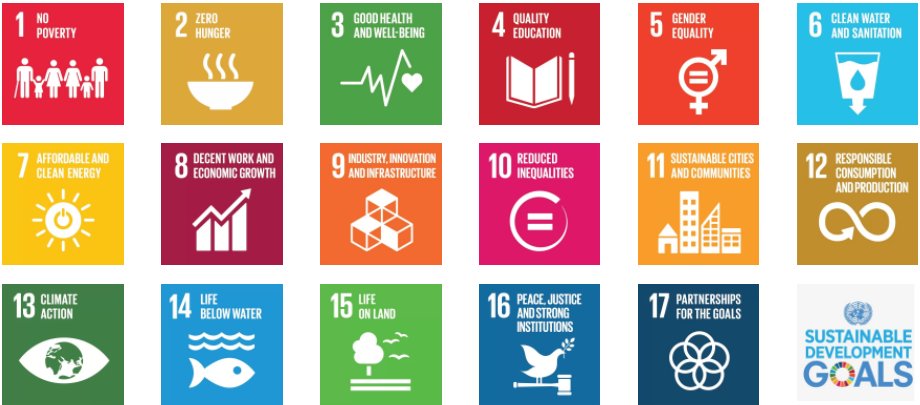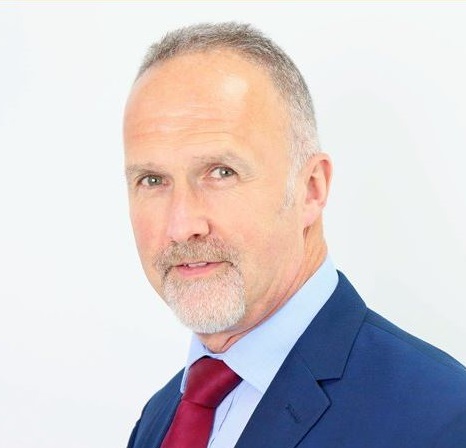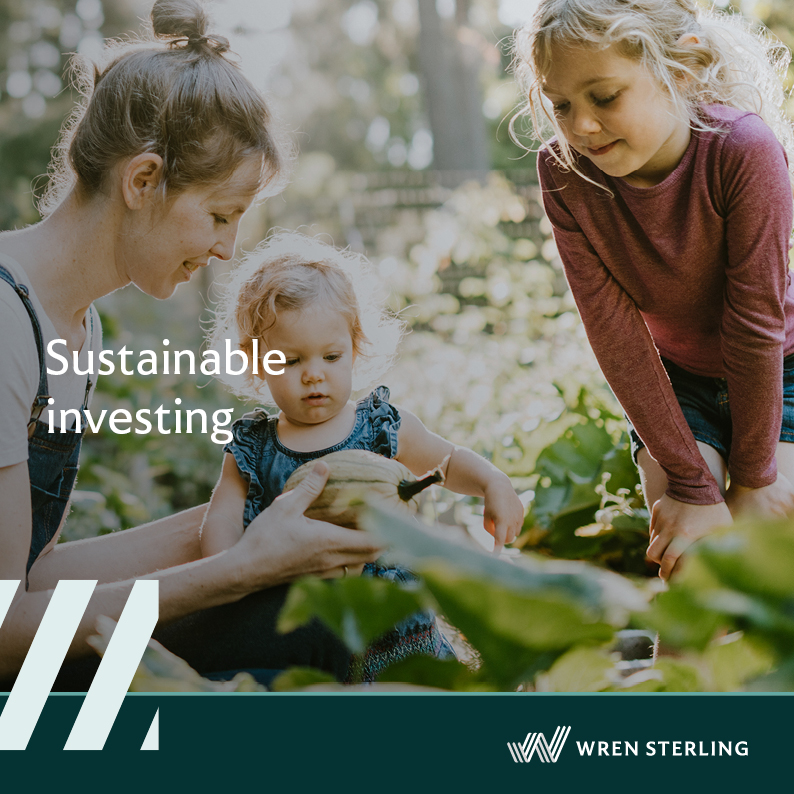What is sustainable investing?
Sustainable investments are made with the intention to generate positive, measurable, social, environmental and financial return.
As consumers, we are all becoming more aware of the influence our buying choices can have. Investing is no different. Sustainable investing is a result of this growing awareness, with funds designed to help investors support companies who are proactively working to make a difference with their products, services and supply chain.








